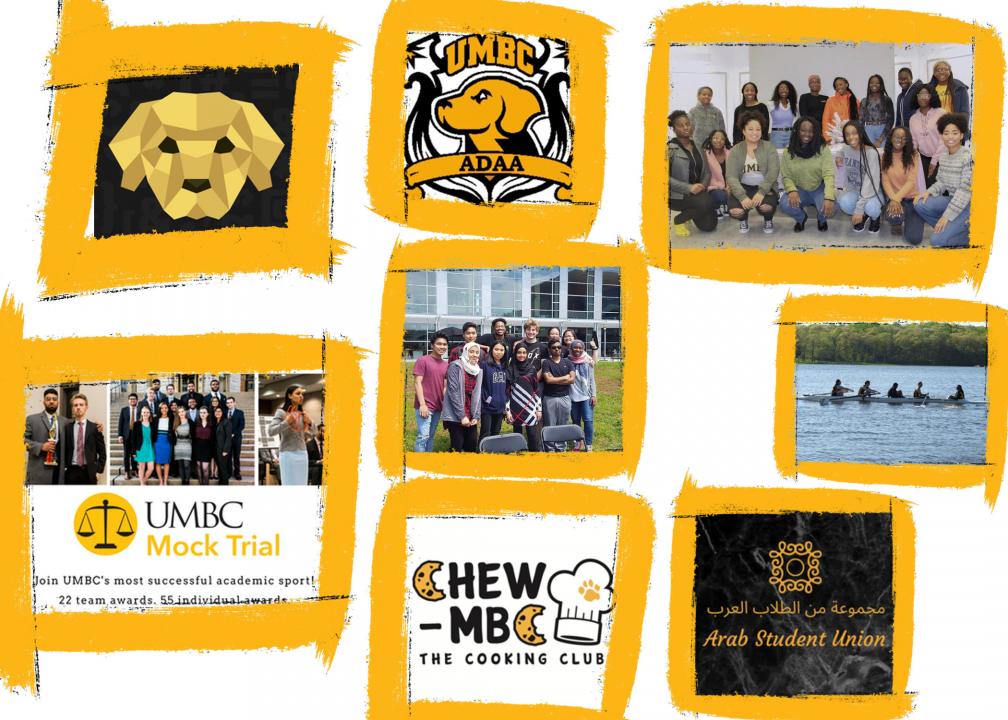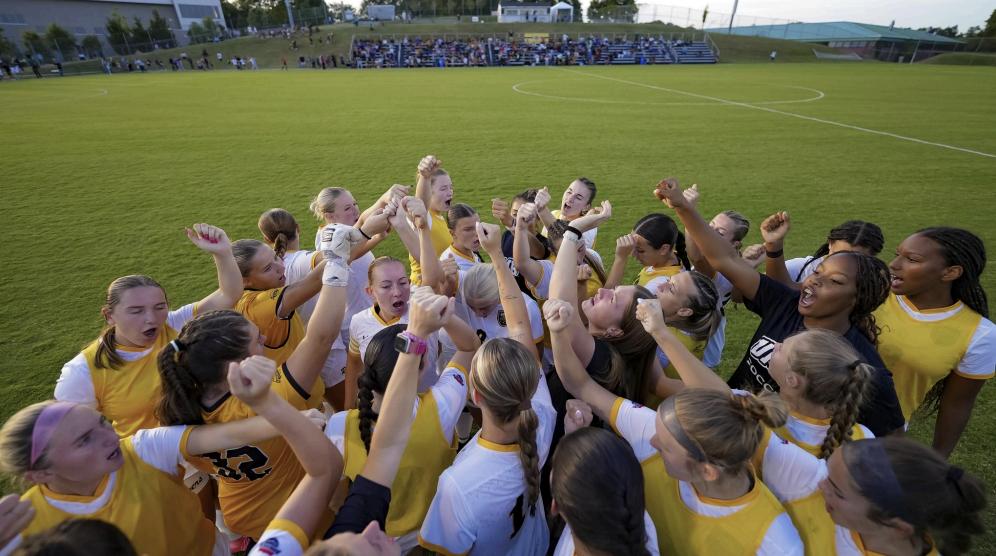Like all other aspects of college life, the COVID-19 pandemic threw organizations and clubs at the University of Maryland, Baltimore County into the world of virtual meetings last March. While organizations continued to bring students together throughout this semester over Zoom, Webex and Google meetings, there is now a light at the end of the tunnel. With UMBC welcoming students back to campus for Fall 2021, student organizations are now planning event for Fall 2021.
Joshua Gray, a junior dance and media and communication major and Student Government Association Vice President for Student Organizations, explained that he has been instrumental in pushing for student organizations to have more access in the fall for programming. He is working with Dr. Nancy Young, Vice President for Student Affairs, the SGA Finance Board and the deans of UMBC’s three colleges to help facilitate interactions between student organizations and academic affairs.
“We are trying to imagine the conversation from multiple perspectives,” he said.
Despite public health uncertainties, many clubs are preparing for possible in-person events in the fall.
CURL P.W.R. will be holding its 3rd Annual Hair Fair, although the format remains fluid. Different black-owned hair, beauty and clothes vendors are invited. Mock Trial is planning both a full fall travel schedule to ten tournaments and its Charm City Classic fall invitational tournament. HackUMBC will continue with its annual hackathon, a 24-36 hour innovation marathon involving students across the country in hacking, workshops, tech talks and networking.
Establishing a concrete fall event schedule while balancing ever-changing public health guidelines presents a large infrastructure challenge. However, Associate Director for Campus Life Jen Dress said that most student organizations are more focused on the basics of just being a club in a pandemic.
“There is a theme around leadership transition,” explained Dress. “They are focused on the health of groups, as opposed to the production of events.”
The Arab Student Union said that member engagement and planning virtual events have been huge issues because students have been so drained and exhausted from all of the screen time. Outdoor Recreation Club echoed the sentiment, explaining that continuing regular virtual meetings would defeat the club’s purpose and become a chore.
Several organizations cited the virtual nature of the year’s Involvement Fest, normally one of the first chances students can have to connect with different clubs, as an obstacle to recruiting new members.
For UMBC Mock Trial, Involvement Fest did not bring in any new members, so the group relied on other methods (social media, myUMBC, etc.) to spread information about tryouts. Sign of Life, UMBC’s American Sign Language education and deaf culture outreach club, said that normally the group hosts a booth to engage passing students with a mini sign language alphabet lesson. Despite the challenge, the club has gained a few new members.
The all-virtual format also sparked creativity as student organization leaders imagined new outlets for community building.
UMBC Greenpeace continues raising awareness about environmental justice by hosting speakers from organizations across Maryland, including the Chesapeake Bay Program, National Aquarium and Blue Water Baltimore. Adaa, a competitive Bollywood fusion dance team, held virtual tryouts, practices three times a week and participated in a virtual dance competition.
Some clubs, however, faced the added challenge of needing certain equipment or spaces for members to participate. For example, no at-home rowing substitute exists, and less than half of UMBC Crew/Rowing has an indoor rower machine. The team now hosts equipment-free virtual workout sessions instead.
Chew-MBC faced issues hosting live cooking sessions before transitioning to biweekly presentations on food topics like sushi and butter chicken. The club has also attracted more members and promoted friendly discussions through social media sharing of members’ cooking and baking exploits.
In short, UMBC student organizations are alive and excited for the future.
“UMBC won’t do well if it doesn’t utilize co-curricular experiences,” said Gray. “We want to support the whole student.”

